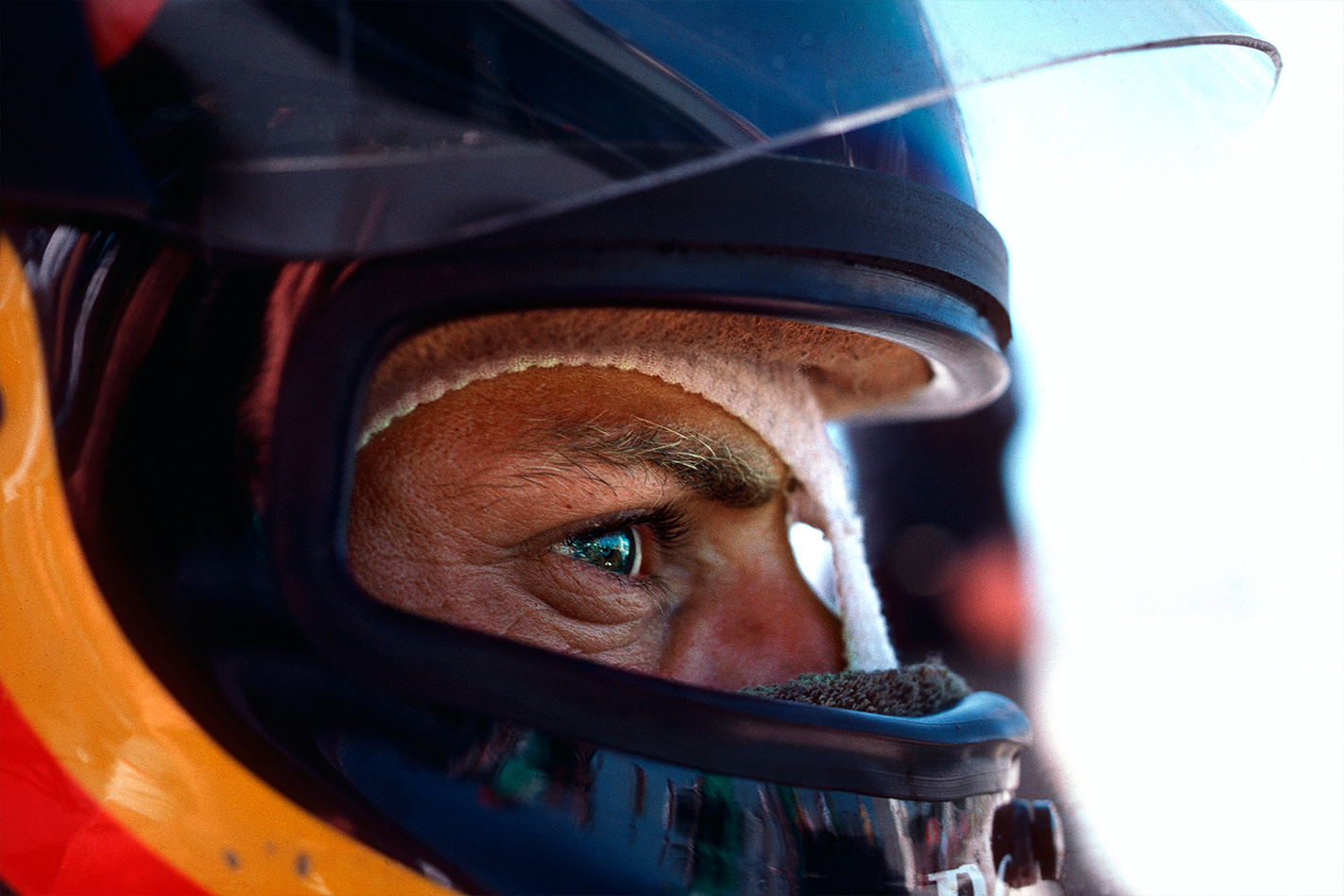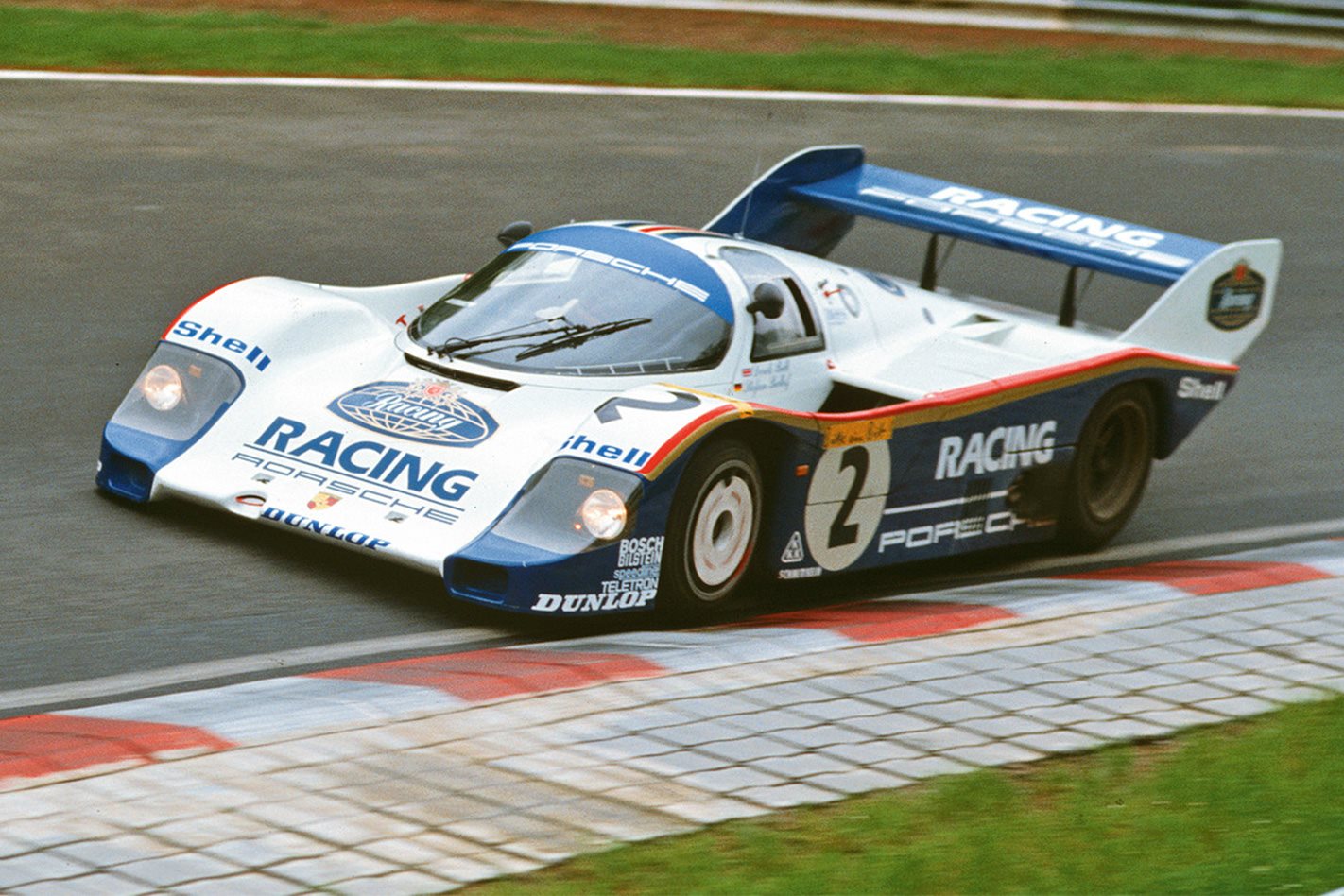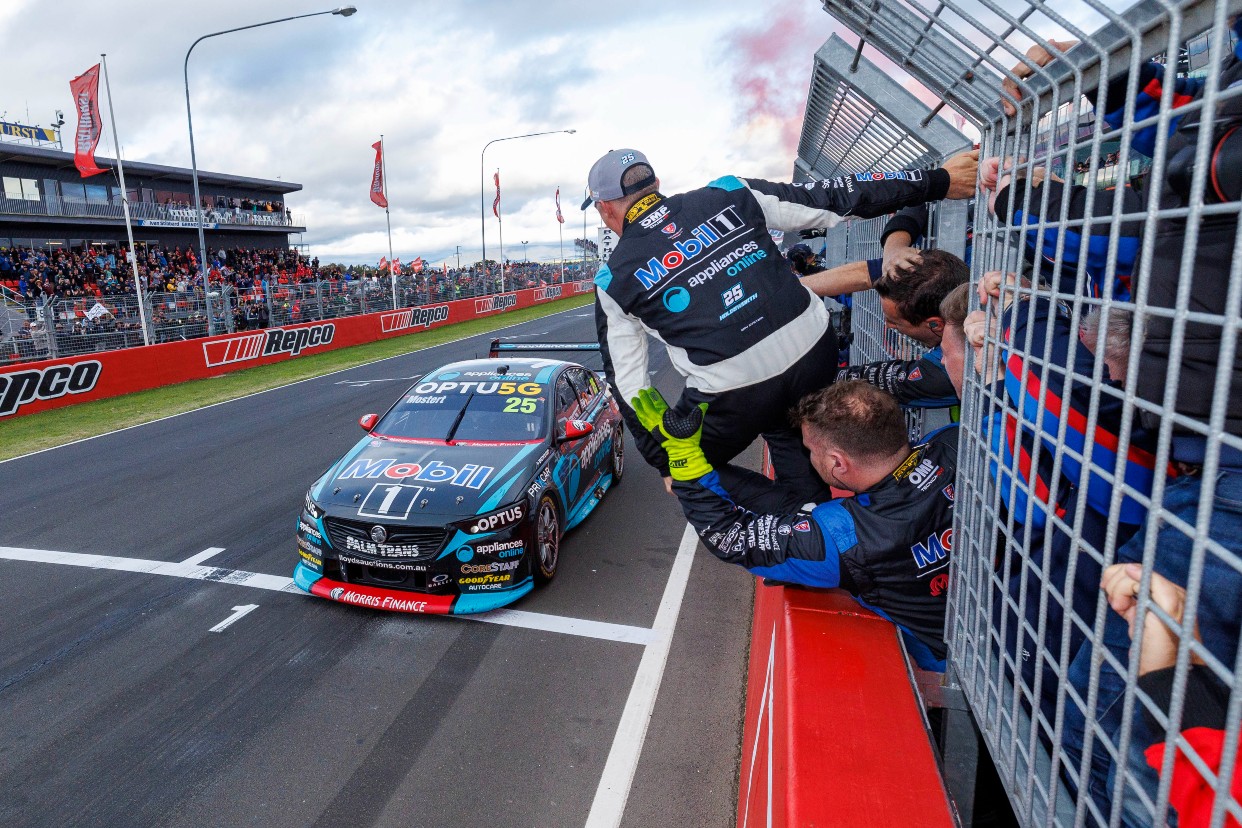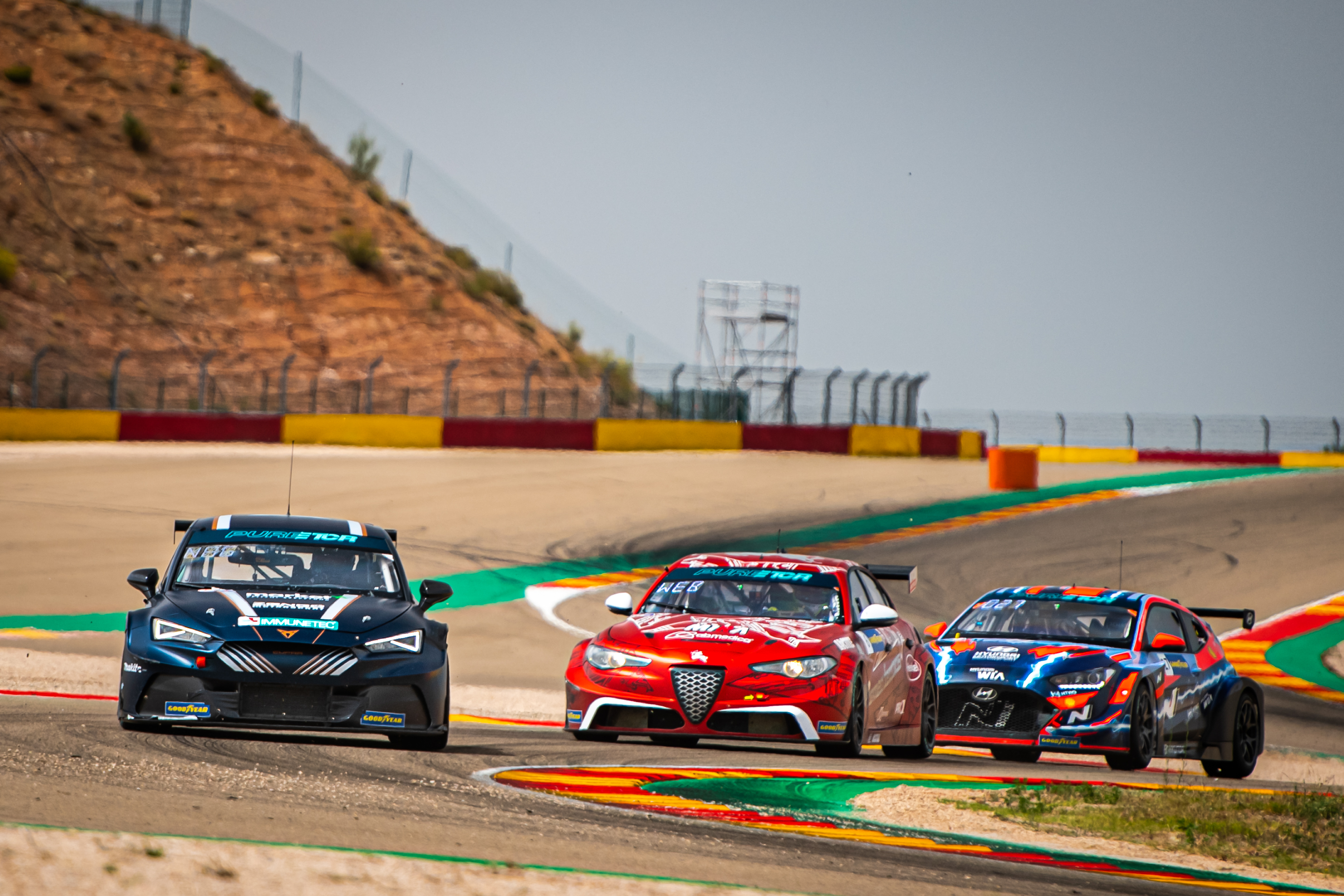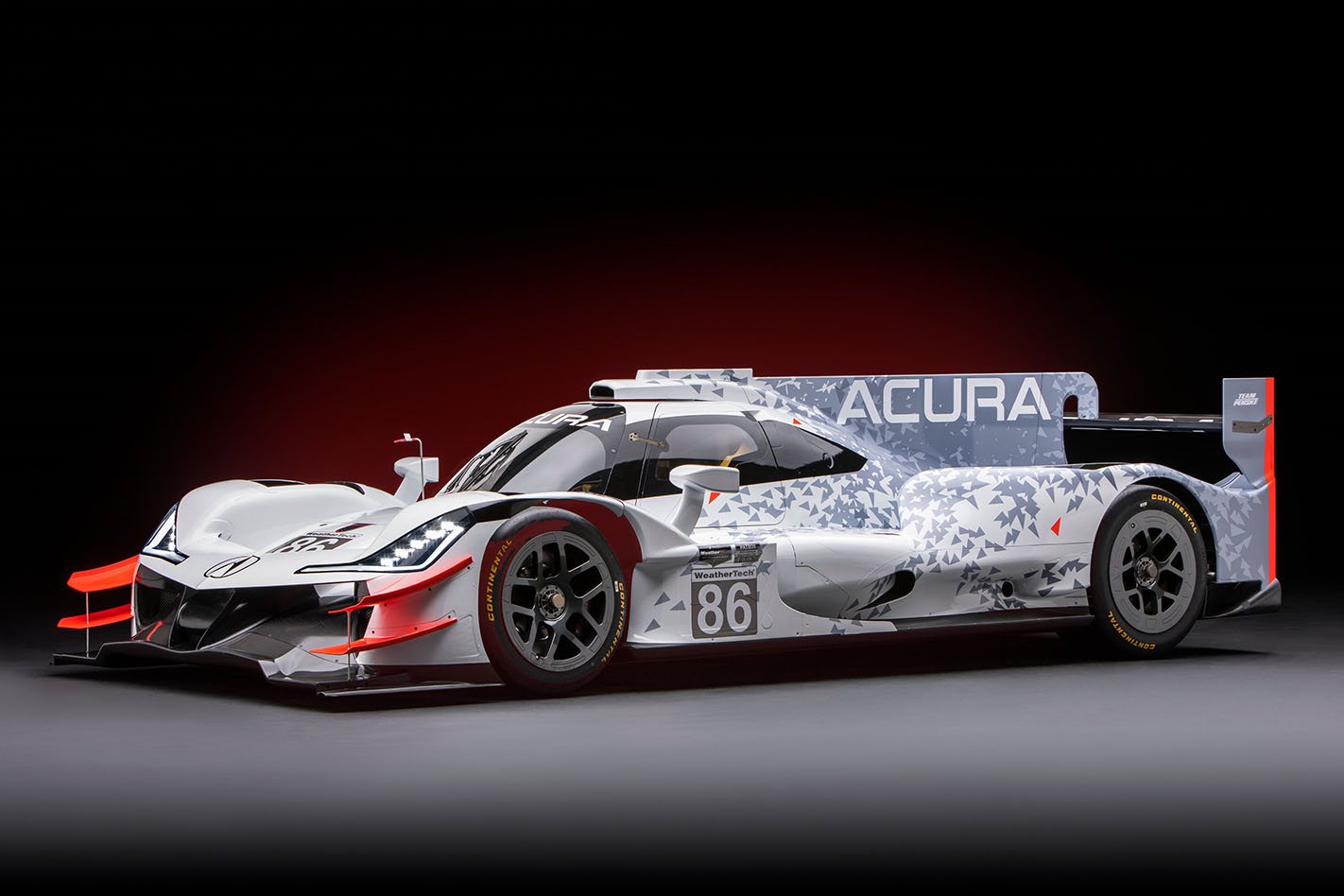IT’S May 28, 1983. In the middle of a German forest, a Porsche 956‘s twin-turbo 2.6-litre flat-six engine echoes through the trees.
It’s the sound of practice for that year’s Nurburgring 1000km race, round three of the 1983 FIA World Endurance Championship. Six of Porsche’s 956 Group C race cars are present, but just one will steer to a lap that would go down in history. At the wheel was up and coming Porsche factory driver Stefan Bellof, who for 35 years the fastest man to lap the infamous Nordshleife.
For Bellof’s record to be broken, Porsche needed to disregard all existing rule books and create the unhinged 919 Evo racer.
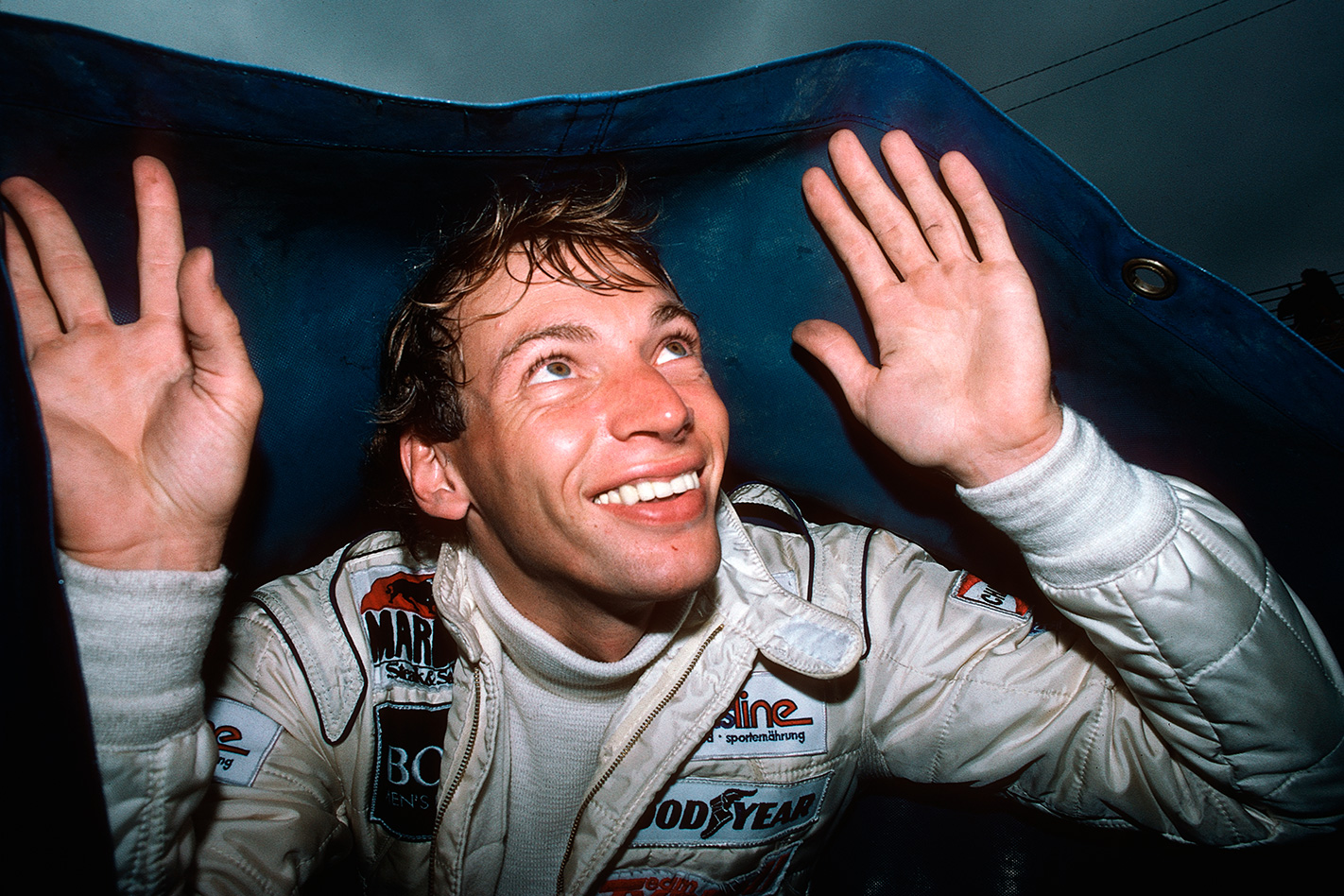
The young German’s teammate Derek Bell described driving the 956 as a constant struggle against the circuit’s notorious bumps. “With ground effects we had a lot of trouble keeping the car on the road,” he said.
Chassis #007, Bellof’s ride, was slightly different to the other Porsche 956s at the event, running bigger 13-inch front wheels and carrying other small upgrades to improve handling.
During practice, Bellof’s target was Jochen Mass’ 6:16:85 lap, set in a 956 earlier in the weekend. In the end, Bellof – soon to be touted as a Formula 1 world champion in the making – went five seconds quicker, stopping the clocks at a jaw-dropping 6:11.13. If both cars started at the same time, Mass would have needed a head start of more than 275 metres to stay ahead by the end of the lap.
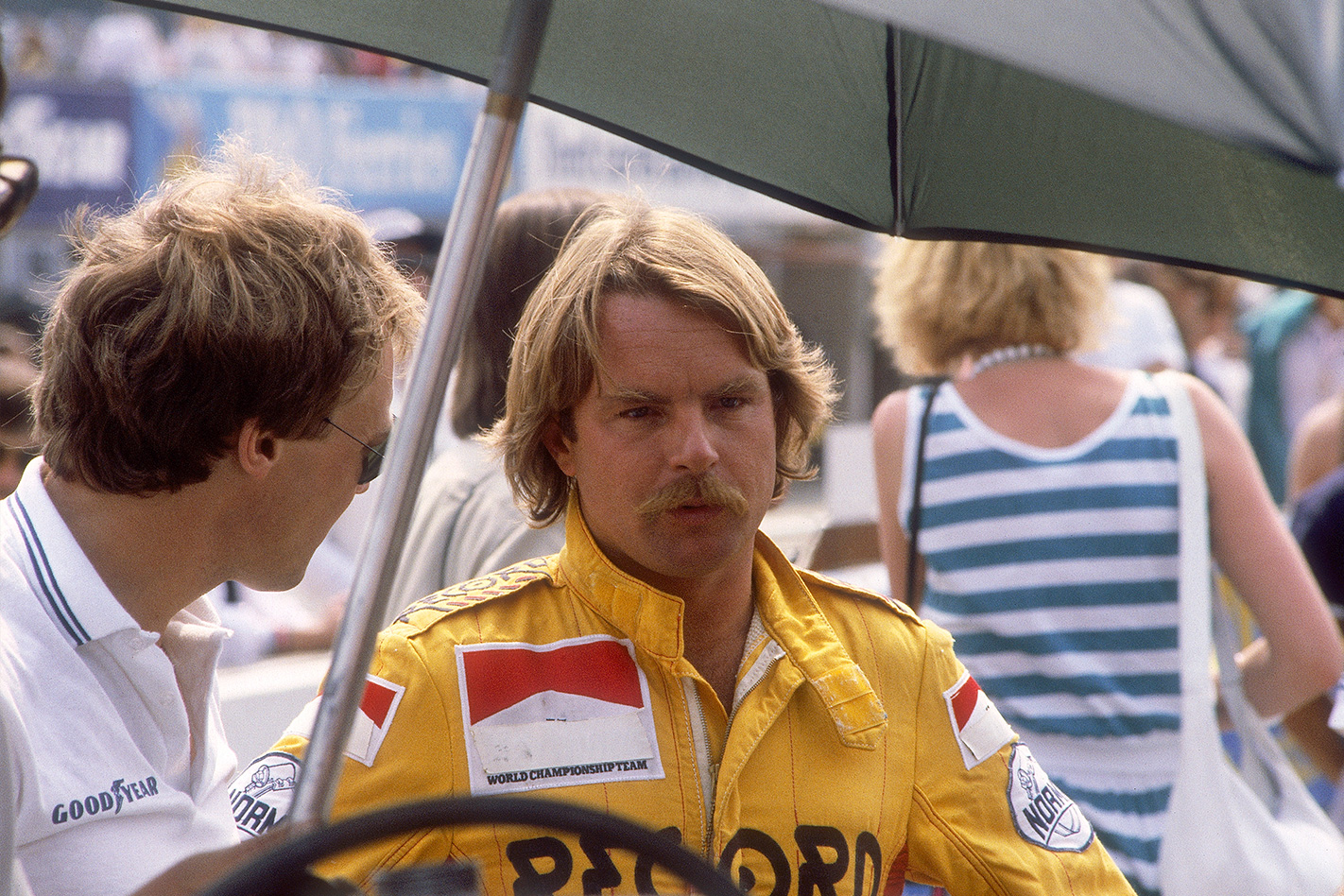
One of Porsche’s other drivers, Keke Rosberg – the infamous lover of cigarettes and the father of 2016 F1 champ Nico Rosberg – was Formula 1’s reigning champion at the time. On the same day, and at the wheel of one of the rival 956s, he was a full half a minute slower than Bellof. “I thought [mine] was a good lap, until I saw the times,” Rosberg told Motor Sport magazine. He would have needed a head start of close to two kilometres to stay ahead of Bellof in a dog fight.
Bellof’s 6:11.13 equates to a staggering average lap speed of 202km/h.
During the race Bellof set a scintillating pace, pulling a 36-second lead on Mass in just six laps – with Rosberg a further two minutes behind Mass. When Bell finished his stint, the pair’s lead had narrowed, and Bellof once again cut loose. In his second stint the German set the Nordshleife race record, a 6:25.91. Shortly after, he would push too hard and crash out at Pfianzgarten at 257km/h.
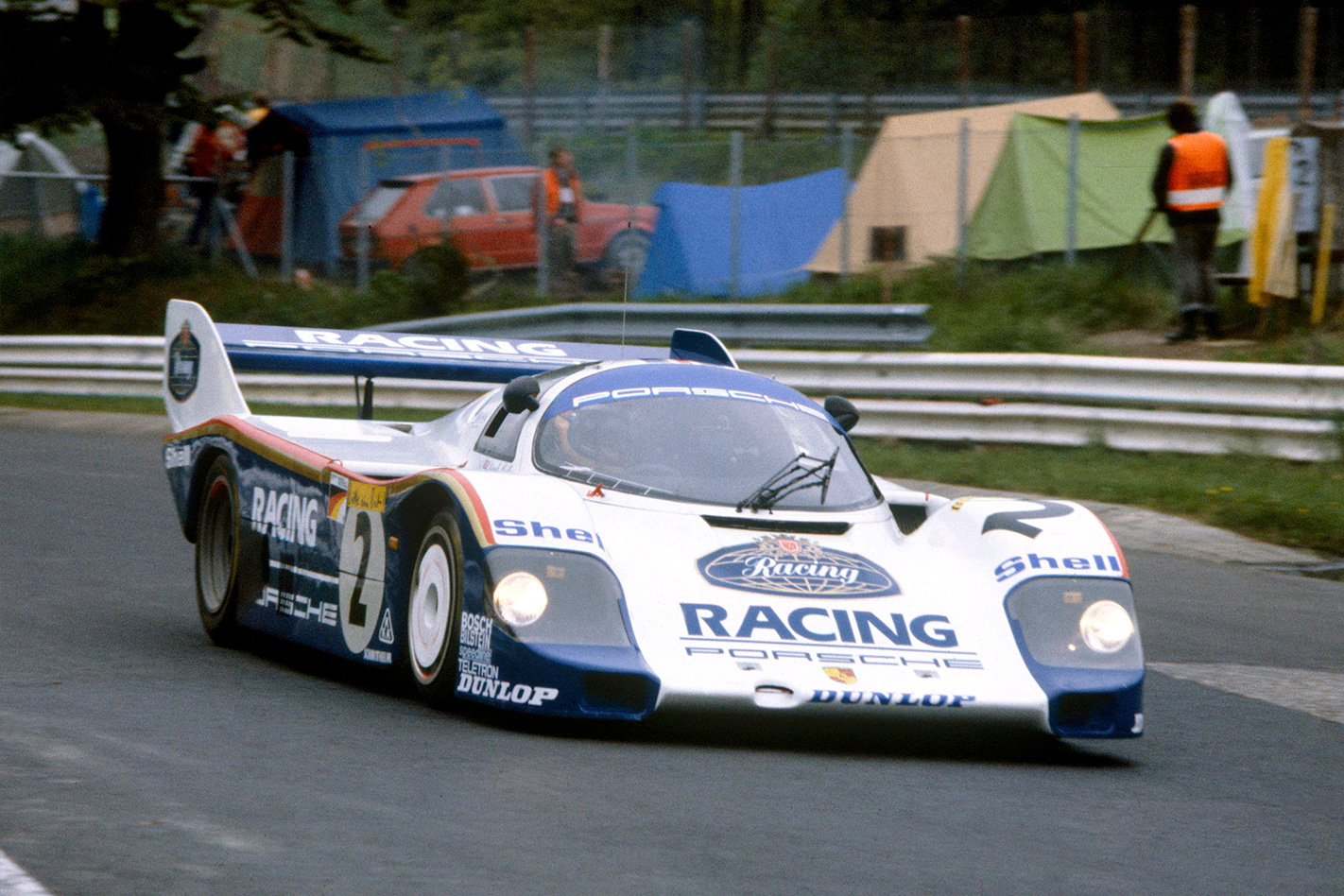
Bellof’s record stood unbroken for a full 35 years, partly due to the fact that the ’83 Nordschleife layout was used for just a single year of motorsport.
At the time, the current grand prix circuit was being built. The 1983 circuit used an improvised start/finish loop, robbing the track of running space and trimming the Green Hell’s length by roughly two kilometres to 20.81km. By the time the 1984 season rolled around, the combined layout included the GP circuit, making it 25.96 kilometres in length.
Credit also needs to be given to Bellof’s incredible natural talent, and his legendary set of wheels.
A sub-6:11 lap on the new circuit was long thought impossible, with Bellof’s Porsche 956 a dedicated racing car with full ground effects, 474kW, and weighing a trim 800kg. The 956 was also the first car to be fitted with a PDK dual-clutch gearbox.
The ’83 Nurburgring 1000 also holds the distinction of being the last world championship-level race to be held at the Nordschleife until the World Touring Car Championship held a round at the venue in 2015.
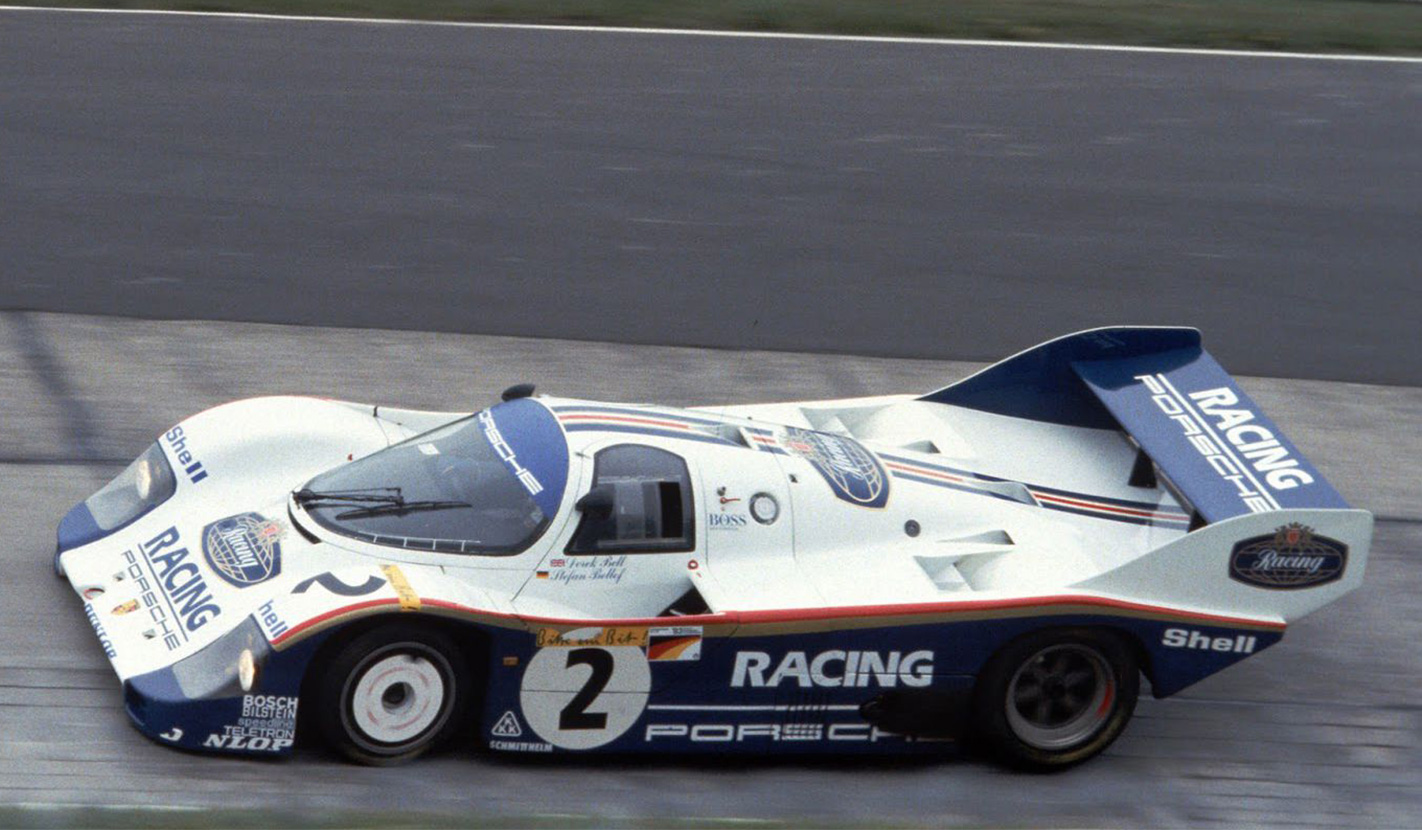
Race cars may not run the Nordschliefe on its own anymore, but production cars still take to a similar layout to the ’83 circuit when attempting to claim their ’Ring records – although the laps today are 200 metres shorter.
Bellof’s story came to a tragic end in 1985, when at the 1000km of Spa and while at the wheel of another Porsche 956, he clipped the rear of Jacky Ickx’s newer 962, speared off the track at the infamous Eau Rouge, and died.
His life was one of speed, delivered in brutal and unrelenting terms.
